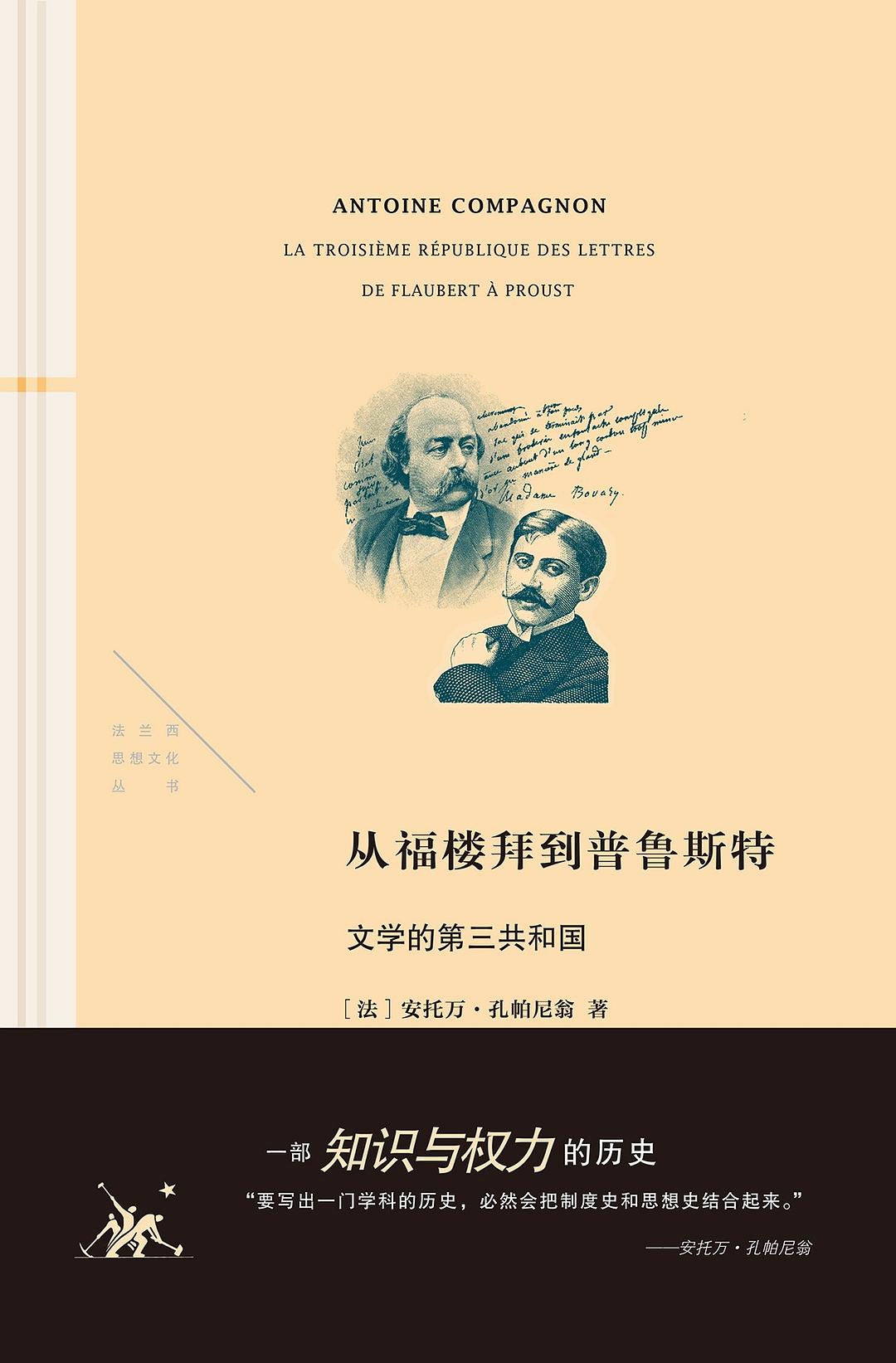WULOLIFE
《从福楼拜到普鲁斯特》 作者: [法] 安托万·孔帕尼翁 译者: 龚觅 出版社:生活·读书·新知三联书店
《从福楼拜到普鲁斯特》 作者: [法] 安托万·孔帕尼翁 译者: 龚觅 出版社:生活·读书·新知三联书店
Couldn't load pickup availability
Description
内容简介· · · · · ·
※学术权力的格局变迁何以影响学术研究的基本面貌?
※共和时期文人共和国的全景图,一部现代大学文科建制的发生史
※社会学、教育学、文学史、历史学……还原一批现代学科的诞生场景与其背后学术权力的变迁
文学研究是自古以来的事业,但作为大学教育的“文学史”并不与生俱来。它的诞生伴随着一次学术权力的此消彼长。
1850年以来,作为学科的“历史学”从历史文学中独立出来,史学家在法国知识界迅速攫取话语权,成为推动中、高等教育改革的主力成员。19世纪末法国典人文学的“文学研究”由修辞学主导,从此以后,在史学家的主导下,文学研究脱离了摆弄辞藻的面貌,被放入历史和社会的关系中加以关照。几乎与此同时,作为一个学科的“社会学”在大学中初露峥嵘,“教育学”这个社会学分支也作为两门彼时的新兴学问,二者都试图在文学/历史、哲学/历史间打下楔子,为自己开辟空间。
本书试图描绘的正是从普法战争到20世纪二三十年代即“福楼拜到普鲁斯特”这段时期内,法兰西“学者共和国”的全景图,大量史料串联起法兰西第三共和治下法德知识界的恩怨往还、史学与文学的分合、德雷福斯事件呈现出的意识形态光谱以及朗松、涂尔干、圣勃夫、吕西安•费弗尔等一干活跃在世纪之交的法国学者群像,在某种意义上,《文学的第三共和国》甚至可以被当作一部理想的现代小说阅读。
作者简介· · · · · ·
文学研究学者,索邦大学法国文学和比较文学研究中心教授、美国哥伦比亚大学法国文学和比较文学专业讲座主要研究领域为法国现代文学和理论。同时也是《理论的幽灵》《现代性的五个悖论》《反现代派》的作者。
